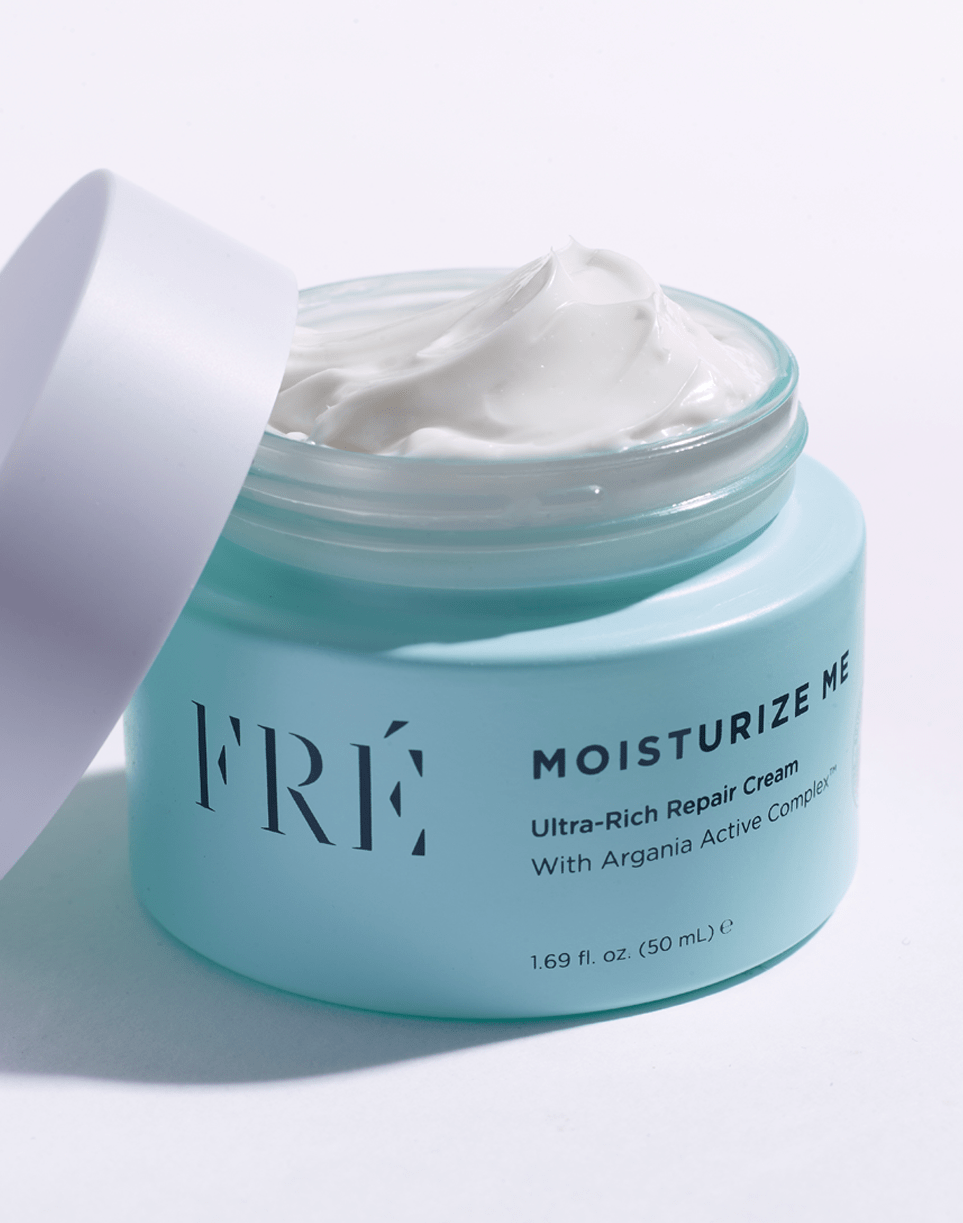3x Mall Insights
Exploring the latest trends and news in online shopping.
Moisturizer Mysteries: What Your Skin Is Really Craving
Unlock the secrets of your skin! Discover what your moisturizer really needs to transform your skincare routine. Dive in now!
The Science Behind Moisturizers: What Ingredients Your Skin Actually Needs
Understanding the science behind moisturizers begins with recognizing the essential ingredients that hydrate and protect the skin. A well-formulated moisturizer typically contains humectants, emollients, and occlusives. Humectants, such as glycerin and hyaluronic acid, attract water from the environment into the skin, keeping it plump and hydrated. Emollients, like shea butter and various oils, help to smooth the skin's surface by filling in gaps between skin cells, leading to a soft, supple feel. Finally, occlusives, such as petrolatum and beeswax, create a barrier that locks in moisture, preventing trans-epidermal water loss.
When choosing a moisturizer, it’s crucial to consider your skin type and specific concerns. For instance, those with oily skin might benefit from lightweight, gel-based moisturizers that contain non-comedogenic ingredients, while dry skin types may prefer richer creams that deliver intense hydration. Additionally, incorporating ingredients like antioxidants (e.g., vitamin C) can provide added protection against environmental stressors, while peptides can help stimulate collagen production for firmer skin. Understanding these components will empower you to select products that not only nourish but also enhance your skin’s health.

Unlocking the Secrets: How to Choose the Right Moisturizer for Your Skin Type
Choosing the right moisturizer for your skin type is essential for maintaining a healthy, radiant complexion. The first step in this journey is to identify your skin type, whether it's oily, dry, combination, or sensitive. Each skin type has distinct needs, and selecting a product that caters to these requirements can make all the difference. For instance, individuals with oily skin should look for lightweight, oil-free moisturizers that won't clog pores, while those with dry skin may benefit from rich creams that provide intense hydration. By understanding your skin's unique characteristics, you can make an informed decision that will help you achieve optimal results.
Once you've identified your skin type, it's time to explore the ingredients that will work best for you. Look for key components like hyaluronic acid for hydration, glycerin for moisture retention, and ceramides to strengthen the skin barrier. For sensitive skin, consider fragrance-free options with soothing ingredients like aloe vera or chamomile. Additionally, pay attention to product labels and opt for non-comedogenic formulas if you're prone to breakouts. Remember, the right moisturizer not only nourishes your skin but also helps to protect it from environmental stressors, making it a crucial element in your skincare routine.
Is Your Moisturizer Working? Common Signs Your Skin Is Still Craving More
Many people assume that just applying a moisturizer is enough to keep their skin hydrated, but common signs may indicate otherwise. If you find that your skin still feels tight or flaky after moisturizing, it could mean that your current product isn't meeting your skin's needs. Additionally, if you experience frequent breakouts or an oily T-zone despite applying moisturizer, it may be a sign that your skin is confused and craving a different formula. Skin can sometimes react poorly to ingredients that are too heavy or that lack the necessary hydration it requires, leaving you wondering, is your moisturizer working?
Another way to determine if your moisturizer is effective is to pay attention to your skin's overall texture and appearance. If you notice that your complexion looks dull or lacks radiance, it might be a sign that your moisturizer is not penetrating deep enough to deliver moisture to all layers of your skin. Here are some signs to look for:
- If your skin feels greasy yet still dry,
- Persistent dryness or rough patches,
- Redness or irritation after application.